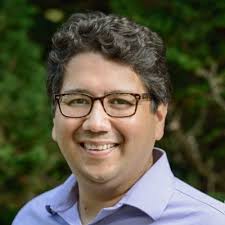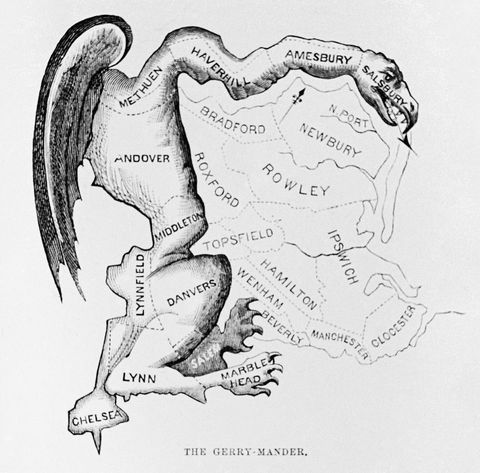Five years ago, the Supreme Court issued one of its worst democracy-related decisions ever. The court’s 5-4 opinion in Rucho v. Common Cause (2019) prohibited federal courts from doing anything to stop partisan gerrymandering and manipulating our voting maps for political advantage.
Just before the court announced its decision, federal trial courts in Maryland, Michigan, North Carolina and Ohio had all struck down maps. The trial courts found clear and compelling evidence that politicians drew districts to discriminate against one party’s voters in violation of the Constitution. These initially successful court cases were poised to sweep partisan gerrymandering into the dustbin of history. Unfortunately, the Rucho decision stopped these and future federal challenges of partisan gerrymanders dead in their tracks.
The Rucho case began when Common Cause challenged North Carolina’s congressional map in federal court. The leader of Republican legislators’ redistricting efforts clearly stated that he drew the map to enshrine a 10-3 Republican advantage in the congressional delegation in an evenly divided state because he did “not believe it is possible to draw a map with 11 Republicans and two Democrats.”
We argued that this blatant discrimination against one party’s voters violated Article I and the First and 14th amendments of the Constitution. When we won in the trial court but didn’t prevail in the Supreme Court, Common Cause stated our belief that this would open the floodgates to gerrymandering in states where politicians control the process and give legislators a free pass to engage in racial discrimination by handing them a newly created “we were discriminating against the other party” defense.
Unfortunately, we were right. As we detail in our CHARGE Redistricting Report Card, states in which politicians draw districts were plagued by a lack of transparency, indifference toward public input, and the drawing of boundaries aimed at political advantage instead of the needs of our communities.
In Alexander v. South Carolina Conference of the NAACP, a case decided a few weeks ago, the Supreme Court upheld a congressional map that discriminated against the state’s Black residents. The court accepted legislators’ defense that they were merely discriminating against Democrats, just as we predicted courts would post-Rucho. As a result, if most of a community of color’s voters register for one political party, the Supreme Court has stated that it is acceptable to discriminate against them. Were that the standard since the 1960s, no racial gerrymander — no matter how egregious — would have been struck down.
The only silver lining in Rucho v. Common Cause was the majority’s statement that the opinion “neither condones excessive partisan gerrymandering nor condemns complaints about districting to echo into a void.” The majority assured the public that state courts could strike down partisan gerrymanders under state law and that the people could still fight for reforms by taking the power to draw districts from self-interested legislators and creating independent redistricting commissions.
Democracy advocates have accepted this invitation enthusiastically.
Since Rucho, state courts in Alaska, Maryland and New Mexico have joined the list of states banning partisan gerrymandering under state constitutions. Following a redistricting cycle that many observers believe had more public participation than ever, activists are turning their attention to creating independent redistricting commissions.
For example, Ohio’s Citizens Not Politicians campaign will submit signatures in just a few days to place an initiative on the November 5 ballot to replace the partisan process in effect with an independent commission. The Los Angeles City Council has placed an independent commission measure on the November ballot following a scandal in which council members were caught on tape using racist language to describe their redistricting efforts.
Although the Rucho decision was a setback, fair representation is too important to give up on. Rather than wait for a shift in the extreme partisan makeup of the Supreme Court, democracy advocates will continue to fight for a transparent, nonpartisan and participatory redistricting process that puts communities first. We will fight at the ballot box, in the halls of power, and in court, until every person in the United States lives in voting districts drawn to prioritize their needs over political partisanship.
Overt racial discrimination and extreme partisan abuse of the redistricting process are not acceptable. But if the Supreme Court has chosen to condone those abuses, we will change the system by other means.


